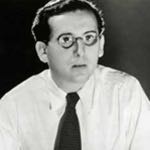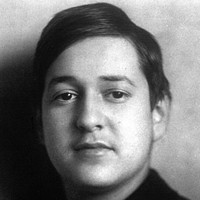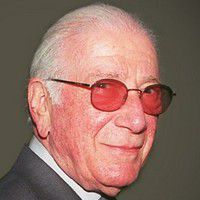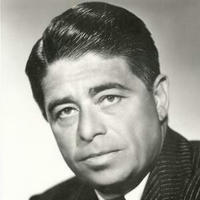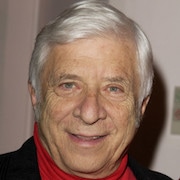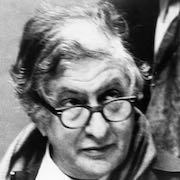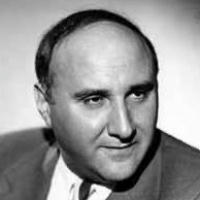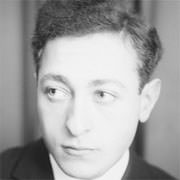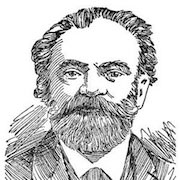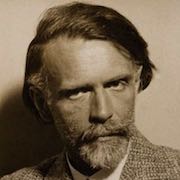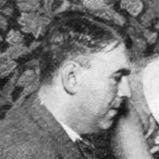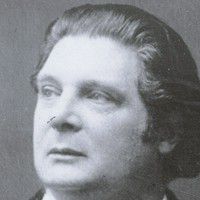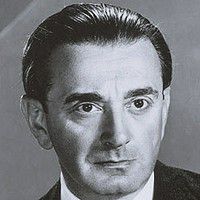Miklós Rózsa (Hungarian: [ˈmikloːʃ ˈroːʒɒ]; April 18, 1907 – July 27, 1995) was a Hungarian-American composer trained in Germany (1925–1931) and active in France (1931–1935), the United Kingdom (1935–1940), and the United States (1940–1995), with extensive sojourns in Italy from 1953 onward. Best known for his nearly one hundred film scores, he nevertheless maintained a steadfast allegiance to absolute concert music throughout what he called his "double life".
Rózsa achieved early success in Europe with his orchestral Theme, Variations, and Finale (Op. 13) of 1933, and became prominent in the film industry from such early scores as The Four Feathers (1939) and The Thief of Bagdad (1940). The latter project brought him to America when production was transferred from wartime Britain, and Rózsa remained in the United States, becoming an American citizen in 1946.
During his Hollywood career, he received 17 Oscar nominations including three successes for Spellbound (1945), A Double Life (1947), and Ben-Hur (1959), while his concert works were championed by such major artists as Jascha Heifetz, Gregor Piatigorsky, and János Starker.
